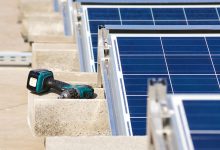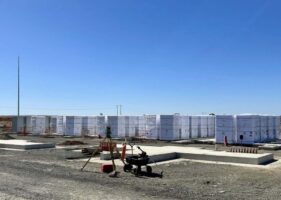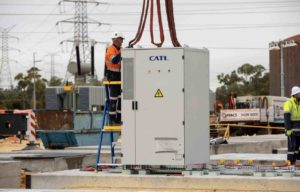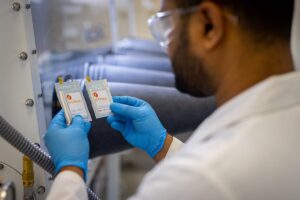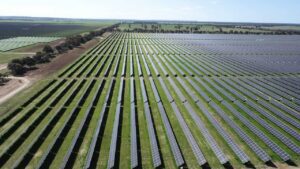Five solar panel and battery recycling initiatives have been granted a combined total of $7.4 million in New South Wales government funding, including efforts to establish the state’s first dedicated recycling facilities.
NSW environment minister James Griffin said the latest round of funding through the Liberal government’s Circular Solar grants would support construction of three PV module and battery recycling facilities, as well as two other projects focused on the re-use of decommissioned solar panels.
“This funding is driving a circular economy by helping NSW develop new ways of dealing with solar panel and battery storage waste, which is increasingly important as currently installed systems reach the end of their life,” Griffin said.
“While the amount of solar panel and battery storage system waste is low at the moment, we want to make sure NSW is ahead of the curve with innovative ways of managing this emerging waste stream.”
Among the grant recipients, PV Industries will get $2.3 million to scale-up its recycling technology and build a new solar panel and battery recycling facility in Sydney’s Bankstown area, which will process up to 8,000 tonnes of waste a year.
Tes-Amm Australia, which is building a new lithium-ion battery recycling facility in the Fairfield area in Sydney’s west will get $1.9 million towards that project, which aims to process up to 800 tonnes per year of lithium-ion batteries.
Scipher Technologies, meanwhile, will get $1.7 million to build a solar panel recycling facility in the Albury area, which aims to process up to 2,000 tonnes a year, with the recovered materials going back into local markets.
On the re-use side of the equation, Blue Tribe will get $400,000 to investigate a process to divert decommissioned solar panels for use in community solar gardens, an effort that has the potential to prevent 10,000 tonnes a year of PV modules from going to landfill by 2030.
Finally, the University of New South Wales is getting $1million to complete research and development activities for a prototype recycling technology that can recover valuable metals, glass, and silicon from used solar panels.
A scoping study commissioned by the Department of Planning and Environment forecast that the amount of solar panels and batteries at their end-of-life could reach more than 40,000 tonnes per year by 2035.

